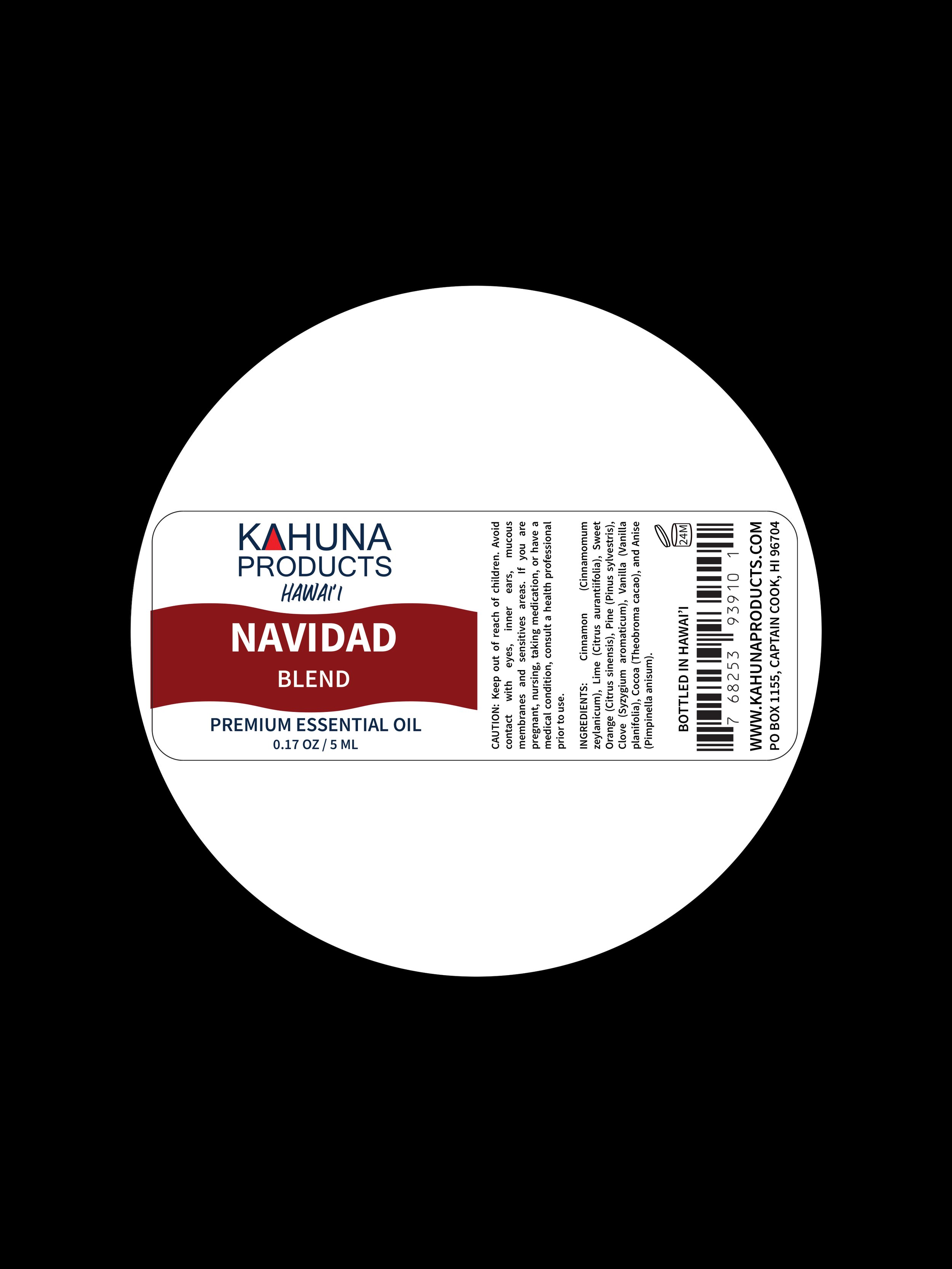 Image 1 of 2
Image 1 of 2

 Image 2 of 2
Image 2 of 2



LEMONGRASS ESSENTIAL OIL
Lemongrass essential oil is derived from the lemongrass plant, scientifically known as Cymbopogon citratus or Cymbopogon flexuosus. It has a fresh, citrusy scent and is commonly used in aromatherapy due to its various benefits. Here are some of the potential benefits and aromatherapy uses of lemongrass essential oil:
Relaxation and stress relief: Lemongrass oil has a calming effect on the mind and body, making it useful for relaxation and stress relief. It can help reduce anxiety, nervousness, and promote a sense of tranquility.
Mood enhancement: The uplifting aroma of lemongrass oil can help improve mood and boost mental clarity. It is often used to alleviate symptoms of depression and fatigue.
Pain relief: Lemongrass oil possesses analgesic properties, which means it can help alleviate pain and inflammation. It may be useful in relieving headaches, muscle aches, and joint pain.
Insect repellent: Lemongrass oil has natural insect-repellent properties, particularly against mosquitoes and flies. It can be used as an alternative to chemical-based insect repellents.
Digestive support: Lemongrass oil is known to promote healthy digestion and relieve digestive issues such as bloating, indigestion, and stomach cramps. It can also help stimulate appetite.
Antimicrobial properties: Lemongrass oil contains compounds that exhibit antimicrobial properties, making it effective against certain bacteria and fungi. It can be used to disinfect surfaces or as a natural alternative for skin conditions like acne and fungal infections.
Deodorizer: The refreshing scent of lemongrass oil makes it an excellent natural deodorizer. It can be added to homemade cleaning products, diffusers, or used as an air freshener.
Skincare: Lemongrass oil has astringent properties that can help minimize pores and tone the skin. It is also believed to possess antiseptic qualities that may aid in treating skin conditions like acne or oily skin.
When using lemongrass essential oil for aromatherapy, it is essential to dilute it properly before applying it to the skin or using it in a diffuser. It is recommended to consult a qualified aromatherapist or reference a reputable source for specific usage instructions and safety precautions.
Lemongrass essential oil is derived from the lemongrass plant, scientifically known as Cymbopogon citratus or Cymbopogon flexuosus. It has a fresh, citrusy scent and is commonly used in aromatherapy due to its various benefits. Here are some of the potential benefits and aromatherapy uses of lemongrass essential oil:
Relaxation and stress relief: Lemongrass oil has a calming effect on the mind and body, making it useful for relaxation and stress relief. It can help reduce anxiety, nervousness, and promote a sense of tranquility.
Mood enhancement: The uplifting aroma of lemongrass oil can help improve mood and boost mental clarity. It is often used to alleviate symptoms of depression and fatigue.
Pain relief: Lemongrass oil possesses analgesic properties, which means it can help alleviate pain and inflammation. It may be useful in relieving headaches, muscle aches, and joint pain.
Insect repellent: Lemongrass oil has natural insect-repellent properties, particularly against mosquitoes and flies. It can be used as an alternative to chemical-based insect repellents.
Digestive support: Lemongrass oil is known to promote healthy digestion and relieve digestive issues such as bloating, indigestion, and stomach cramps. It can also help stimulate appetite.
Antimicrobial properties: Lemongrass oil contains compounds that exhibit antimicrobial properties, making it effective against certain bacteria and fungi. It can be used to disinfect surfaces or as a natural alternative for skin conditions like acne and fungal infections.
Deodorizer: The refreshing scent of lemongrass oil makes it an excellent natural deodorizer. It can be added to homemade cleaning products, diffusers, or used as an air freshener.
Skincare: Lemongrass oil has astringent properties that can help minimize pores and tone the skin. It is also believed to possess antiseptic qualities that may aid in treating skin conditions like acne or oily skin.
When using lemongrass essential oil for aromatherapy, it is essential to dilute it properly before applying it to the skin or using it in a diffuser. It is recommended to consult a qualified aromatherapist or reference a reputable source for specific usage instructions and safety precautions.
Lemongrass essential oil is derived from the lemongrass plant, scientifically known as Cymbopogon citratus or Cymbopogon flexuosus. It has a fresh, citrusy scent and is commonly used in aromatherapy due to its various benefits. Here are some of the potential benefits and aromatherapy uses of lemongrass essential oil:
Relaxation and stress relief: Lemongrass oil has a calming effect on the mind and body, making it useful for relaxation and stress relief. It can help reduce anxiety, nervousness, and promote a sense of tranquility.
Mood enhancement: The uplifting aroma of lemongrass oil can help improve mood and boost mental clarity. It is often used to alleviate symptoms of depression and fatigue.
Pain relief: Lemongrass oil possesses analgesic properties, which means it can help alleviate pain and inflammation. It may be useful in relieving headaches, muscle aches, and joint pain.
Insect repellent: Lemongrass oil has natural insect-repellent properties, particularly against mosquitoes and flies. It can be used as an alternative to chemical-based insect repellents.
Digestive support: Lemongrass oil is known to promote healthy digestion and relieve digestive issues such as bloating, indigestion, and stomach cramps. It can also help stimulate appetite.
Antimicrobial properties: Lemongrass oil contains compounds that exhibit antimicrobial properties, making it effective against certain bacteria and fungi. It can be used to disinfect surfaces or as a natural alternative for skin conditions like acne and fungal infections.
Deodorizer: The refreshing scent of lemongrass oil makes it an excellent natural deodorizer. It can be added to homemade cleaning products, diffusers, or used as an air freshener.
Skincare: Lemongrass oil has astringent properties that can help minimize pores and tone the skin. It is also believed to possess antiseptic qualities that may aid in treating skin conditions like acne or oily skin.
When using lemongrass essential oil for aromatherapy, it is essential to dilute it properly before applying it to the skin or using it in a diffuser. It is recommended to consult a qualified aromatherapist or reference a reputable source for specific usage instructions and safety precautions.
-
INCI NAME: Cymbopogon Flexuosus (Lemongrass) Leaf Oil.
ORIGIN: India. Bottled in Hawai’i.
PART USED: Leaves.
EXTRACTION METHOD: Steam Distilled Essential Oil.
NOTE CLASSIFICATION: Middle to Top Note.
-
Lemongrass essential oil blends well with several other essential oils, enhancing their fragrance and therapeutic properties. Some popular essential oils that complement lemongrass oil include:
Lavender: Lemongrass and lavender create a harmonious blend, combining the fresh citrus aroma of lemongrass with the soothing, floral scent of lavender. This blend is often used for relaxation and stress relief.
Eucalyptus: Lemongrass and eucalyptus blend together to create a refreshing and invigorating aroma. This combination is commonly used for respiratory support and to promote clear breathing.
Peppermint: The combination of lemongrass and peppermint creates a vibrant and uplifting blend. It can help promote alertness, focus, and relieve headaches.
Geranium: Lemongrass and geranium blend well to create a pleasant, floral-citrus aroma. This combination is often used for balancing emotions, promoting relaxation, and improving mood.
Tea Tree: Lemongrass and tea tree oil create a powerful antiseptic and antimicrobial blend. This combination is commonly used for skin issues, such as acne or fungal infections.
Citrus oils (such as Orange, Lemon, or Grapefruit): Combining lemongrass with other citrus oils enhances the fresh and uplifting scent. This blend is commonly used for energizing, revitalizing, and mood-boosting effects.
When blending essential oils, it's important to consider personal preferences and desired therapeutic effects. Start with a small amount of each oil and adjust the ratios based on your preference. It's also recommended to perform a patch test on a small area of skin to check for any potential sensitivity or allergic reactions before applying the blend topically.
-
They can be inhaled directly from the bottle, diffuser, or humidifier.
They should be diluted with a carrier oil when applied to your skin. We suggest a 4% dilution rate.
You can also add them to your favorite skincare products.
Essential oils are not safe for consumption unless you are under a health practitioner's guidance.
-
100% Pure Essential Oil.
Unrefined, Undiluted, No Fillers, No Synthetics, Organic, and Sustainably sourced.
-
0.33 oz / 10 ml
Amber glass bottle with euro dropper.
-
Keep out of reach of children. The bottles are a choking hazard. Avoid contact with eyes, inner ears, mucous membranes, and sensitive areas. If you are pregnant, nursing, taking medication, or have a medical condition, consult a health professional prior to use.
Animals are more sensitive to certain scents; consider your pets while choosing essential oils.
While not all essential oils have the same effect on everyone, the key is finding which ones work best for you. You are the individual and know what is best for you. So experiment and find your path.
The products described on this website are not intended to diagnose, treat or prevent any disease or to affect any structure or function of the skin or body. The information on this website is not medical advice and is not a substitute for consulting with a healthcare provider.





